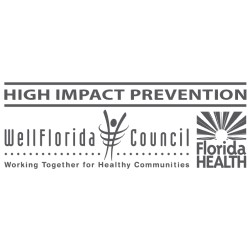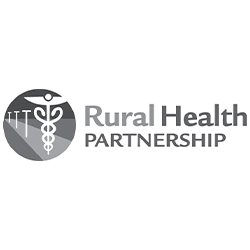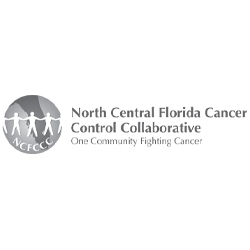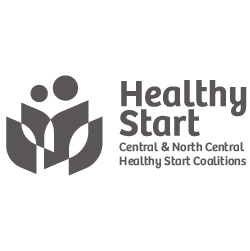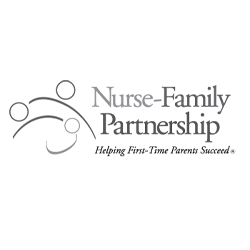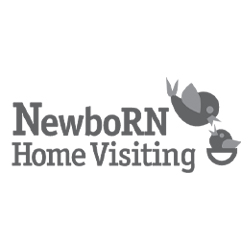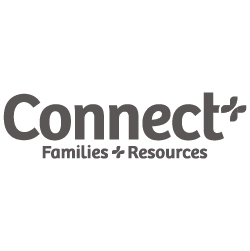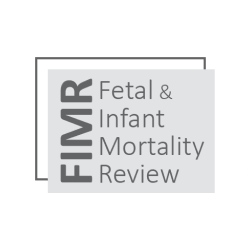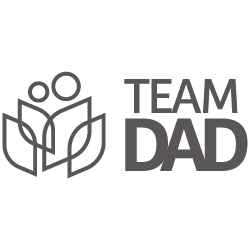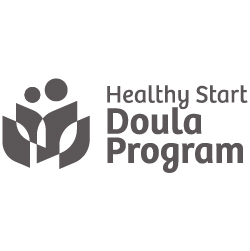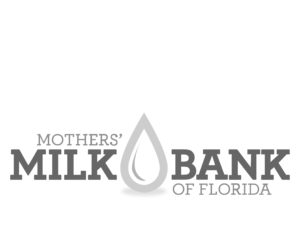Ocala summit addresses opioid addiction treatment gaps
Ocala Star Banner
By Carlos E. Medina
Panel: Behavioral health requires a more holistic approach to get people help earlier and reduce crisis situations.
Much of the focus on opioid addiction over the last couple of years has been on the immediate goal of reducing the number of overdoses and deaths due to heroin.
While that is an important component, it is only part of what entails a comprehensive program to treat addiction and mental health issues, according to a panel of behavioral health leaders whose organizations provide services to Marion and surrounding counties.
On Thursday, the heads of The Centers, LifeStream Behavioral Center and Meridian Behavioral Healthcare participated in an educational summit on understanding the community substance abuse and behavioral health provider system in the region. The summit hosts were the Marion County Hospital District, the Department of Health in Marion County and WellFlorida.
Because of the spike in deaths due to overdoses, preventing further deaths is deemed critical through detox and medically assisted treatment, but a more robust, holistic approach is necessary to try and help people in all phases of struggle, not just when they are critical.
“If you’re going to treat this as a public health issue, you’ve got to have education of the public. Mental health first aid is one of the most accessible components of an education program,” said Margarita Labarta, Meridian president and CEO.
She said Meridian has trained more than 3,000 people in the 11 counties it covers on how to recognize and offer first aid to those struggling with addiction and mental health issues. And the training is not just for doctors or medical professionals. Mental health first aid is for anyone, akin to CPR training. There are even classes in development for teens.
“We have to build literacy. We have to build understanding to combat both the stigma and to facilitate early identification and self-referral,” Labarta said.
Jonathan Cherry, LifeStream president and CEO, recalled when the idea first came to the U.S. via Australia about a decade ago.
“We knew that it was something that was dearly needed in the United States,” he said. “One of the good things from the Safe Schools Act (which was passed in the wake of the Parkland High School shooting in 2018) is it indicated that every person working for the school board needed to be trained in mental health first aid. Many of our cities and counties, sheriff’s departments, are beginning to get certified.”
Donald Baracskay, president and CEO at The Centers, said spreading knowledge is always a good thing.
“The key here is we can’t hold on, we can’t grab that information just within our system and pretend as if nobody else needs to know it. The more we can educate families, other types of professionals, those in the community we interact with, that really is key. As everybody understands more, it becomes an easier thing for people to say, ‘OK, let’s take a deep breath. Let’s figure out what we need to do,’” Baracskay said.
Also joining the panel was Christine Cauffield, the CEO of Lutheran Services Florida, which oversees the distribution of state and federal funds to more than 50 providers in 23 counties, including Marion.
In the circuit that includes Marion, Lake, Sumter, Citrus and Hernando counties, Cauffield’s organization administers more than $34.5 million in government funds and grants to cover behavioral health programs for the uninsured.
Lake and Sumter counties, whose largest provider is LifeStream, get more than $17.3 million in funding. Marion is next, with more than $10.3 million
But a closer look at the numbers shows that Lake and Sumter have almost the same number of uninsured residents as Marion, roughly 40,000 compared to 38,000, respectively. So why the disparity in funding?
Cauffield said that Cherry, in particular, has been more adept at working with local legislators and finding grants.
Curt Bromund, executive director of the Marion County Hospital District, said the district hopes to ramp up Marion’s efforts. The hospital district will spend more than $1.2 million on behavioral health projects this year, through the earnings from $214 million the district received in cash in 2014 when they leased Munroe Regional Medical Center to Community Health Systems. Last August, Adventist Health System bought the lease from CHS and renamed the hospital AdventHealth Ocala.
This year, the hospital district is working with state Rep. Stan McClain on a bill seeking $1 million to help combat the opioid epidemic.
The district also plans to start a “sobriety village” that would offer an array of services at one location. Among the services it would like to see is a step-down living facility where those freshly out of detox or inpatient treatment can acquire tools for sober living, and a workforce development component, including a job center, high school equivalency and trades programs.
Of special interest is an outpatient medication-assisted treatment facility that would offer medications that help stave off heroin cravings, as well as primary care, dental and eye care and case management, including assistance in applying for federal benefits. The plan will use federal grant money through Community Development Block Grants, along with money from the hospital district’s investment portfolio, to buy and renovate a five-building campus owned by The Centers in northwest Ocala.
Contact Carlos E. Medina at 867-4157 or cmedina@starbanner.com
Back to News page
